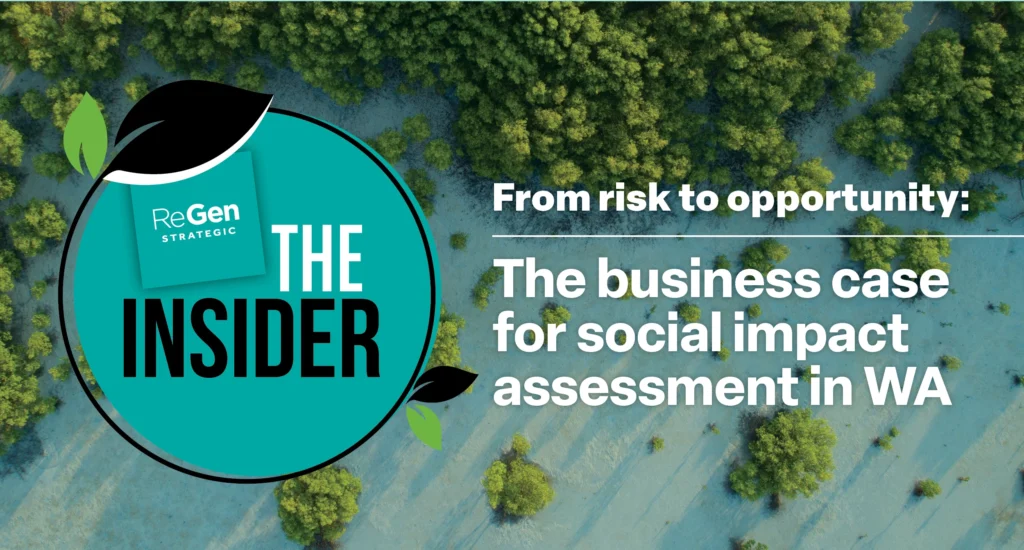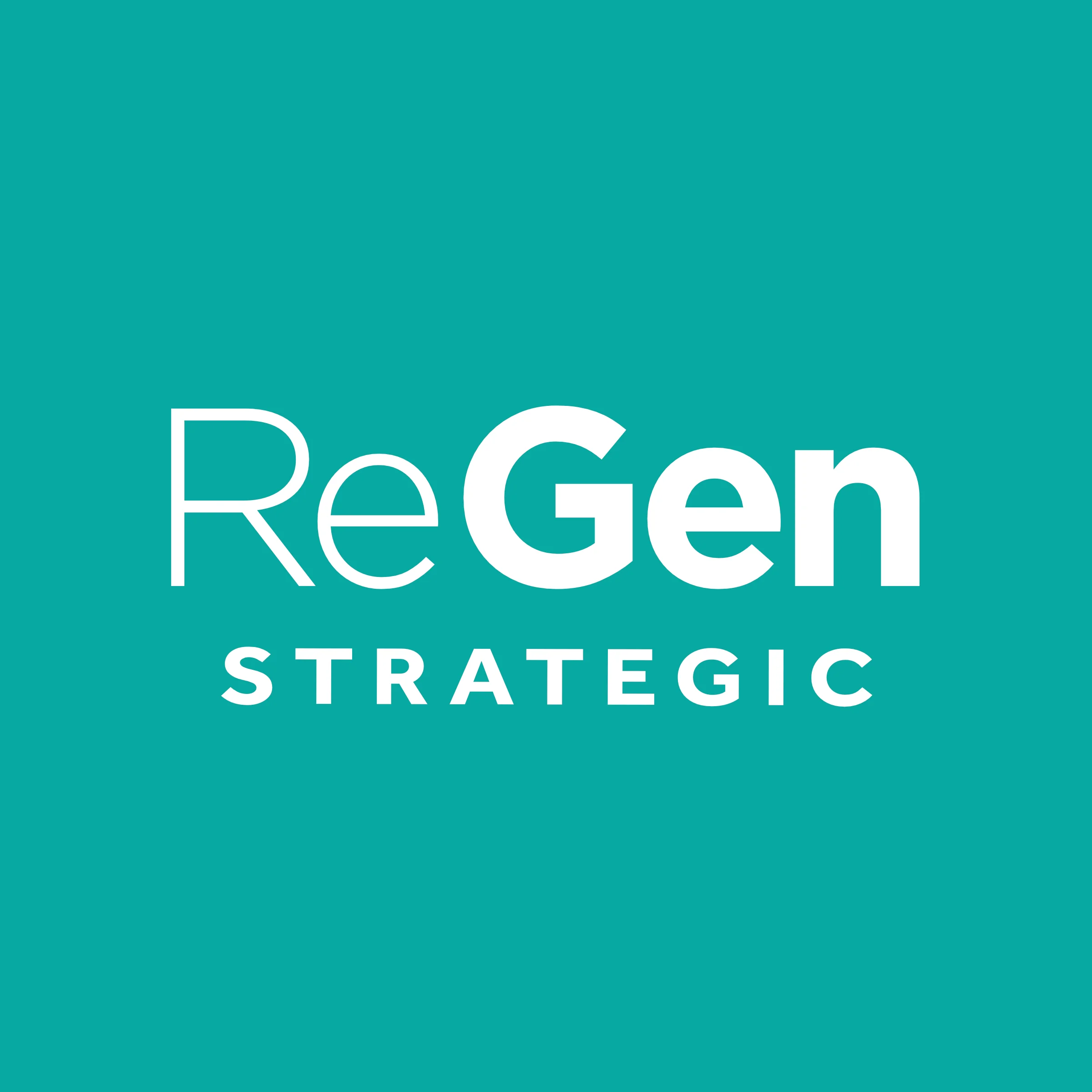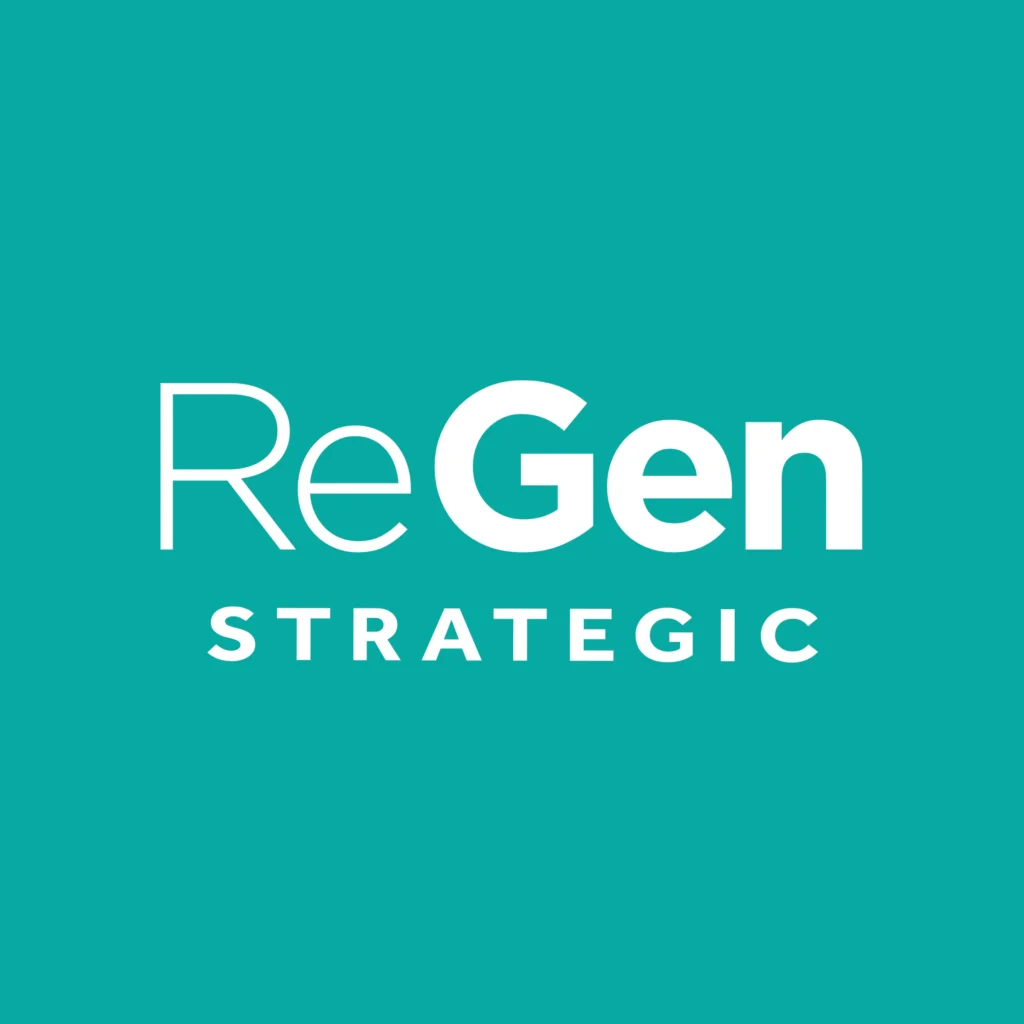
The Insider/
From risk to opportunity: The business case for social impact assessment in WA
As sustainability expectations continue to grow, the social dimension is receiving the overdue attention it deserves. For organisations across Western Australia – especially in sectors like resource extraction, infrastructure and community facing sectors – social impact assessments (SIAs) have evolved from being merely a risk management tool into a key strategic driver.
When done well, a SIA supports better decision making, fosters stronger community relationships and delivers lasting positive impact, all while safeguarding business continuity and reputation.
Understanding social impact in the WA context
Western Australia’s vast geography and diverse communities mean social impacts can vary significantly depending on location and context. Projects may affect matters such as Indigenous heritage, local employment, housing, access to services and mental health, among many others.
We are all too familiar with the notion that failure to adequately assess and manage social impacts can lead to unwanted outcomes including:
- Project delays or cancellations due to community opposition
- Legal or regulatory non-compliance
- Reputational damage
A robust SIA identifies, assesses, and evaluates these impacts, incorporating perspectives from affected stakeholders early in the planning process. This proactive approach reduces risk and creates space for designing better outcomes.
Reflecting this shift toward more accountable and inclusive planning, government regulators and funding bodies increasingly require detailed social impact assessments to grant approvals and funding. At the same time, project proponents may voluntarily commit to regular SIAs to better understand their social context and demonstrate measurable social outcomes.
Turning insight into strategy
Social impact assessments should not sit in isolation. Instead, they should inform and integrate with your broader sustainability strategy and social investment strategy. By aligning SIA findings with business objectives, organisations can:
- target investment where it creates the most value
- build stronger stakeholder trust
- embed community considerations into planning and operations.
Measuring what matters
Quantifying social impact remains challenging, but increasingly achievable. By combining qualitative and quantitative methods – including participatory research – organisations can move toward transparent and meaningful measurement.
Reporting on social outcomes, not just activities, enhances accountability and helps secure long-term partnerships with stakeholders, funders, and the public.
The true value of a social impact assessment lies in how it shapes decisions, builds trust, and delivers sustained impact. When integrated early and used to guide long-term social investment strategies, SIA becomes a competitive advantage—not a compliance burden.

